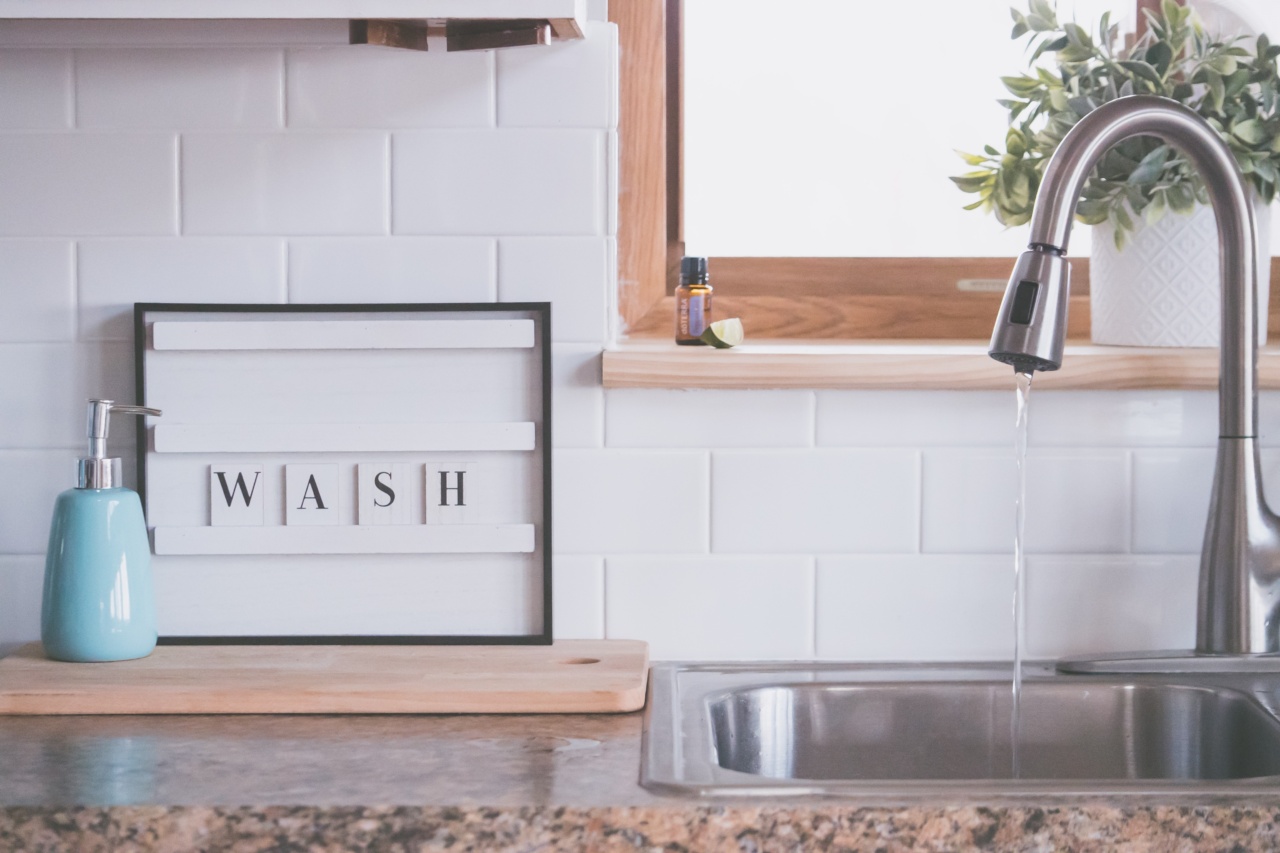Acne and pimples are common skin issues that many people face, especially during their teenage years. While it can be tempting to squeeze or pop pimples, doing so can lead to infection and scarring.
It’s important to know how to properly treat pimples without putting your skin at risk. In this article, we will discuss some effective tips to help you avoid infection while treating pimples, so you can achieve clear and healthy skin.
1. Cleanse your face regularly
Proper cleansing is the foundation of any skincare routine. Wash your face twice a day using a gentle cleanser that is suitable for your skin type.
Cleansing helps remove excess oil, dirt, and bacteria from the surface of your skin, reducing the chances of infection. Avoid using harsh soaps or cleansers that strip away natural oils as they can lead to dryness and skin irritation.
2. Avoid touching your face
Our hands come into contact with countless surfaces throughout the day, collecting dirt and bacteria. Touching your face with dirty hands can transfer these impurities onto your skin, increasing the risk of infection.
Avoid touching or picking at your pimples, as it can introduce more bacteria and exacerbate the problem. If you need to touch your face, make sure your hands are clean or use a tissue to avoid direct contact.
3. Do not pop or squeeze pimples
While popping or squeezing pimples may seem tempting, it can lead to further infection and scarring.
When you squeeze a pimple, you push bacteria and debris deeper into the skin, causing inflammation and potentially spreading the infection to surrounding areas. Instead, allow your pimples to heal naturally or consult a dermatologist for professional extraction.
4. Use topical treatments
There are various over-the-counter topical treatments available that can help in treating pimples. Look for products containing ingredients like benzoyl peroxide or salicylic acid, known for their antibacterial and exfoliating properties.
These treatments can help reduce acne-causing bacteria, unclog pores, and promote the healing process. Follow the instructions on the product and apply only the recommended amount. Overuse can cause dryness and irritation.
5. Choose non-comedogenic skincare products
Non-comedogenic products are specially formulated to not clog pores, reducing the likelihood of acne breakouts and infections.
When selecting skincare products such as moisturizers, sunscreens, or makeup, always check the label for the term “non-comedogenic.” These products are designed to be less likely to cause pimples or worsen existing ones.
6. Avoid sharing personal items
Sharing personal items such as towels, pillowcases, or makeup brushes can transfer bacteria and oil from one person to another, increasing the risk of infection.
Make sure to use your own personal items and wash or clean them regularly to maintain hygiene and reduce the chances of bacterial proliferation.
7. Keep your hair clean and away from your face
Oil and dirt from the hair can transfer onto your face, potentially clogging your pores and causing breakouts. Keep your hair clean by washing it regularly, especially if you have oily hair.
Tie your hair away from your face, especially when sleeping, to avoid transferring oil and hair products onto your skin.
8. Avoid excessive sun exposure
While a little sun exposure can have some benefits for the skin, excessive exposure can cause skin irritation, inflammation, and even worsen acne. If you’re using topical acne treatments, your skin may become more sensitive to the sun.
Use sunscreen with a broad-spectrum SPF of 30 or higher to protect your skin from harmful UV rays. Look for oil-free and non-comedogenic sunscreen formulas to avoid pore blockage.
9. Maintain a healthy diet
Eating a balanced diet rich in fruits, vegetables, whole grains, and lean proteins can promote healthy skin. Avoid consuming excessive sugary, greasy, and processed foods as they can contribute to inflammation and worsen acne.
Stay hydrated by drinking an adequate amount of water daily to help flush out toxins from your body, keeping your skin clear and well-hydrated.
10. Consult a dermatologist
If you’re struggling with persistent acne and pimples, it’s best to seek professional help. A dermatologist can assess your skin condition and recommend appropriate treatments tailored to your specific needs.
They may prescribe medications like antibiotics, retinoids, or other specialized treatments to target the root cause of your acne.
By following these tips, you can effectively treat your pimples while minimizing the risk of infection and scarring. Remember to be patient, as skincare routines take time to show visible results.
Consistency and proper skincare practices are key to achieving and maintaining clear, healthy skin.





























